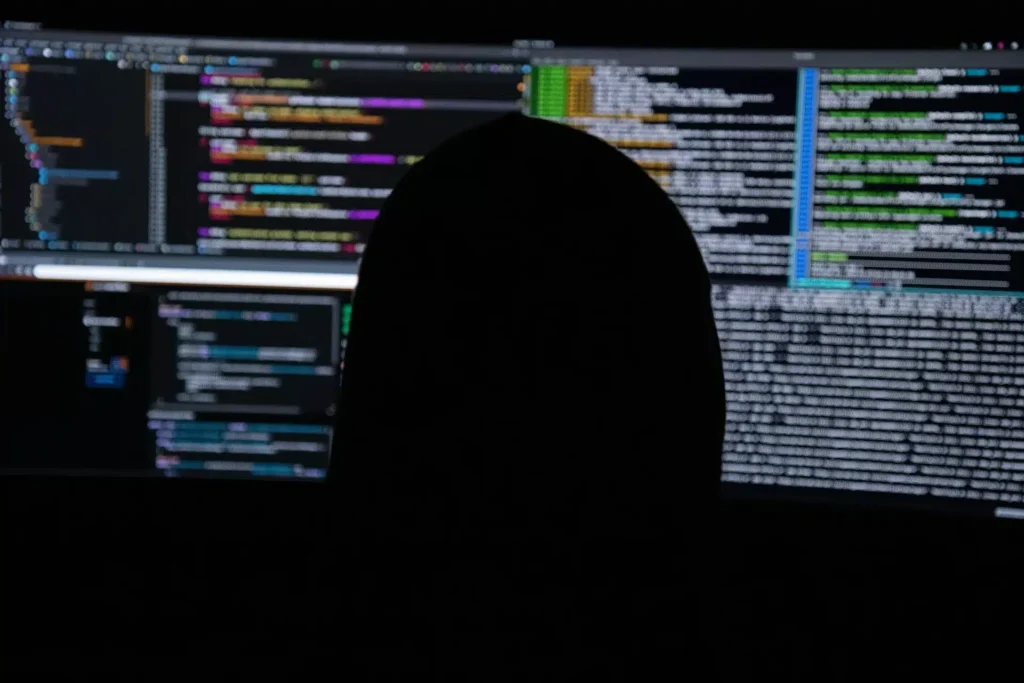
A newly disclosed security flaw in the Linux UDisks daemon has been reported. Tracked as CVE-2025-8067, the out-of-bounds read vulnerability allows local, unprivileged users to access files and data owned by privileged accounts, a serious breach with potentially far-reaching implications.
Red Hat officially disclosed the vulnerability on August 28, 2025, classifying it as Important in severity and assigning it a preliminary CVSS v3.1 base score of 8.5 out of 10.
Understanding the CVE-2025-8067 Vulnerability
The issue resides within the UDisks daemon, a component responsible for providing a D-BUS interface used to manage storage devices on Linux systems. Among other things, it enables the creation and removal of loop devices, virtual devices that mount files as block devices.
The core of the problem lies in how UDisks handles the file index parameter provided by clients when creating loop devices. While the daemon correctly checks that the index isn’t above the maximum allowed value, it fails to validate whether the index is negative.
This oversight creates an out-of-bounds read vulnerability, as attackers can submit negative indices. The daemon then attempts to access memory locations outside the bounds of the file descriptor list, potentially leading to a crash (denial-of-service) or the disclosure of sensitive memory.
This memory could include cryptographic keys, PII, or user credentials, increasing the risk of local privilege escalation.
Who is Affected?
The vulnerability affects multiple Red Hat Enterprise Linux (RHEL) distributions, specifically:
- Red Hat Enterprise Linux 6 (out of support)
- Red Hat Enterprise Linux 7, 8, 9, and 10
Impacted packages include:
- udisks
- udisks2
- libudisks2
- udisks2-iscsi
- udisks2-lsm
- udisks2-lvm2
Unless stated otherwise, all minor versions and update streams of the affected packages should be considered vulnerable.
Red Hat’s Response and Mitigation
Red Hat’s Product Security Team emphasized the urgency of addressing this vulnerability. The official advisory states:
“This vulnerability has been rated with an Important severity due to the low complexity to exploit it and the possible local privilege execution risk associated with successful exploitation.”
At this time, no workaround or mitigation is available, other than to immediately apply the updated UDisks packages as they become available in Red Hat’s software repositories.
Technical Details and Risk Impact
- CVE Identifier: CVE-2025-8067
- Vulnerability Type: Out-of-bounds read (CWE-125)
- Attack Vector: Local
- Privileges Required: None
- User Interaction Required: None
- Scope: Changed
- Confidentiality Impact: Low to Moderate
- Integrity Impact: Low
- Availability Impact: High
- Exploit Complexity: Low
According to Red Hat’s CVSS breakdown, the vulnerability could be used to read memory that might contain valuable internal information. This could be leveraged to bypass memory protection mechanisms, like Address Space Layout Randomization (ASLR), or to prepare the ground for further exploit chains.
The CVE-2025-8067 vulnerability in Linux UDisks poses a serious local security risk, enabling attackers to access sensitive data or escalate privileges on shared or compromised systems. With its low complexity and no privilege requirements, it is a direct threat, especially in enterprise environments. Admins are urged to patch affected systems immediately, as detailed in the official CVE databases.
Source: Read More


